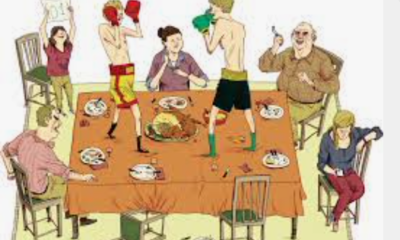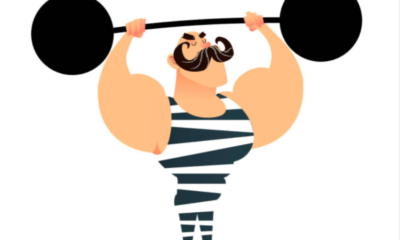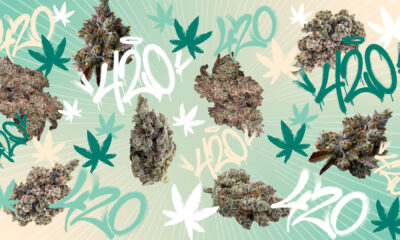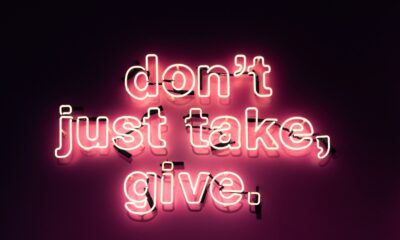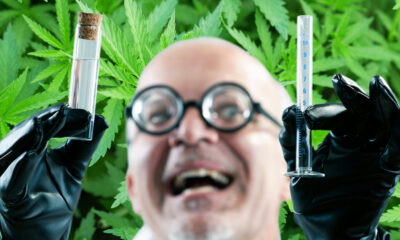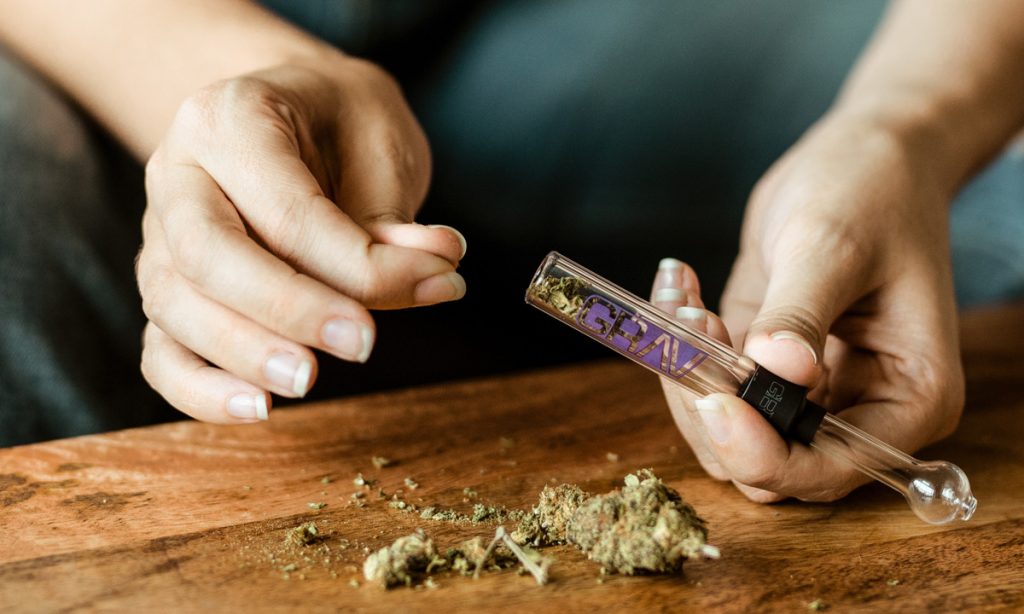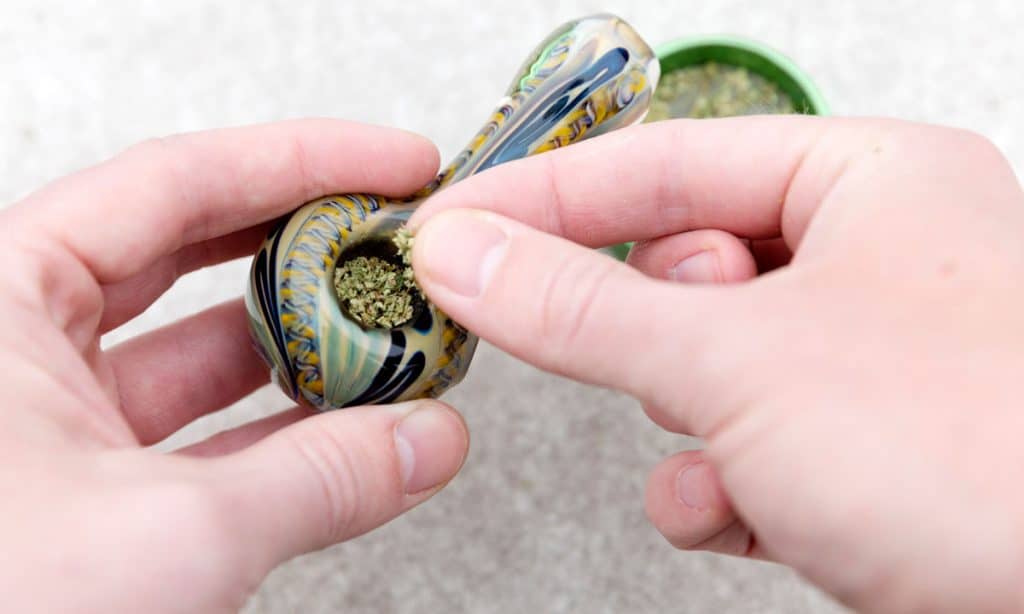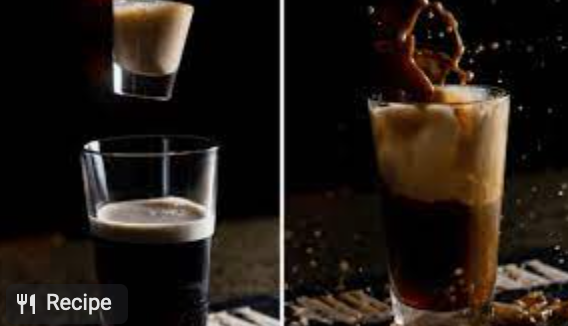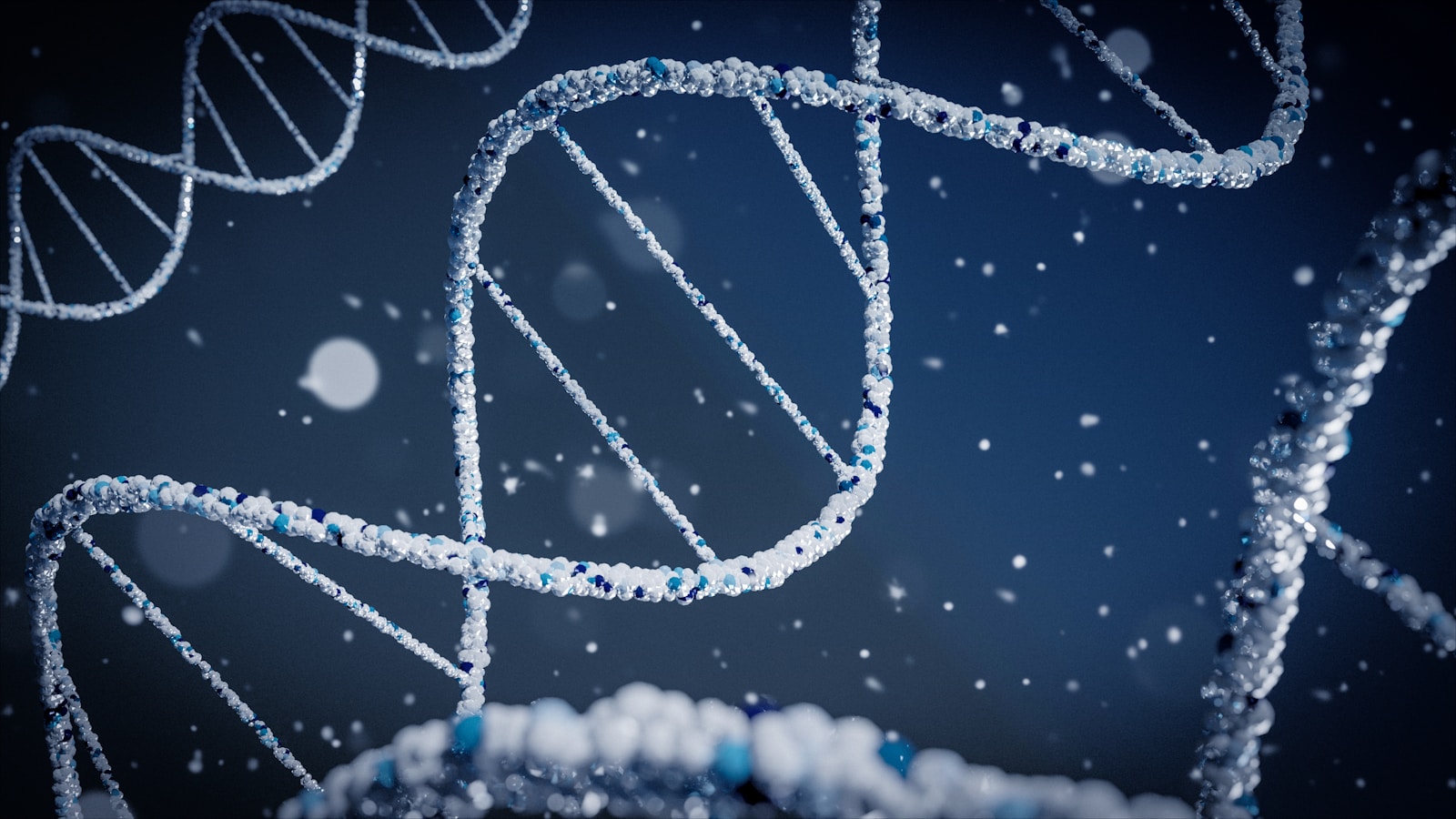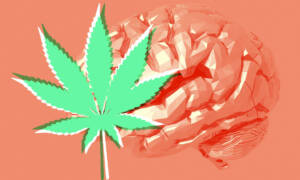The New York Times is asking: are you addicted to weed? And if you were, would you even know?
That’s what the “paper of record,” is asking, with the warning that nearly six percent of American teens and adults have “cannabis use disorder.”
Many used to highly regard the New York Times due to its reputation for high-quality journalism. In recent years, the paper’s accuracy, objectivity, and editorial decisions have suffered, particularly in the age of social media and the 24-hour news cycle.
From presidential elections to the covid hysteria to the Russian-Ukraine war – the New York Times has devolved into a Tumblr blog.
The article “How Do You Know if You’re Addicted to Weed?” is not high-quality journalism. The journalism of their past – like breaking the Iran-Contra Affair or revealing the Pentagon Papers – would likely be considered “harmful misinformation” now.
Just look at how they treated the Hunter-Biden laptop scandal. Or how they covered the covid lab-leak hypothesis. Search “NYTimes” and “Joe Rogan” and see how their jealousy manifests.
The New York Times is no longer the paper of record unless that record is writing advertisements for corporate sponsors.
And this is what the NYTimes “addicted to weed” article amounts to—advertising for anxiety meds.
NYTimes: Are You Addicted to Weed?
The NYTimes is asking: are you addicted to weed? And to be fair, this article is not as bad as it could have been. It opens with an adult named Julian, who always smoked weed instead of forming friendships or other relationships.
Julian didn’t even think he had a problem until someone suggested he was “addicted to weed.” So he looked up the definition of “cannabis use disorder” online and self-diagnosed himself.
Funny, the “experts” discourage that in almost every other situation.
The Ontario government, for example, has launched a “Stop Going Down Rabbit Holes” campaign.
Despite healthcare shortages and overcrowded hospitals, the Ontario government wants you to speak with a professional about common medical ailments (like whether you should apply heat or cold to a sprain) instead of doing any research yourself.
The NYTimes “addicted to weed” article says that cannabis is addictive like alcohol or cocaine. They admit it won’t cause an overdose death like opiates. But it can cause a “dramatic decrease in quality of life.”
This line needs some nuance, but unfortunately, the quoted psychiatrist doesn’t go into detail.
Alcohol, for example, can cause a dramatic decrease in your quality of life whether you see your drinking as problematic or not. Mentally, you could be fine. But physically, you’re body is processing a literal poison.
While you could make a case that smoking cannabis harms the lungs, if you’re consuming edibles or extracts, cannabis will not physically destroy your body. Nor does it kill brain cells the way alcohol or cocaine will.
So how does cannabis cause a dramatic decrease in quality of life?
Signs of Addiction or “Cannabis Use Disorder”
This NYTimes “addicted to weed” article uses the American Psychiatric Association’s Diagnostic and Statistical Manual of Mental Disorders (Fifth Edition) as an authoritative text. You might recognize its other name – the DSM-5.
But the DSM consists of cultural conventions, not scientific concepts. A “caffeeine use disorder” is not listed despite the 74% of Americans who drink coffee daily.
The main reason is that telling millions of Americans they have a substance abuse problem is counterproductive.
As well, we normalize daily caffeine consumption. Even if you told 74% of Americans that they had a problematic relationship with coffee, they’d ask you to mind your own business.
Appealing to the DSM-5 as the be-all, end-all of the discussion on “cannabis use disorder” is an appeal to authority, a logical fallacy. For, the criteria it provides aren’t even scientific.
Consider the concept of “loss of control.” No scientific evidence supports it. You may find some conditional evidence in neurobiology, but this has yet to establish causation. You may also find some observational research that supports it.
But the gold standard in science is demonstrating cause and effect.
The DSM-5 is a product of culture. Particularly a culture that’s been captivated by drug war propaganda.
According to the DSM-5, developing tolerance to THC and experiencing withdrawal symptoms (which could be as benign as insomnia or irritability) means you’re addicted to weed, or, to be politically correct, you have “cannabis use disorder.”
What Actually Causes Addiction?
The NYTimes “addicted to weed” article quotes Dr. David Gorelick. He said, “Cannabis use disorder occurs in all age groups, but it’s primarily a disease of young adults.”
What goes unsaid is that most people with “addiction” issues are young adults because, by their 30s, these issues resolve naturally.
The research is conclusive: Most young adults with drug-dependency issues recover independently without the need for formal treatment. They do this by their 30s.
Of course, the NYTimes “addicted to weed” article ignores this research. It does not fit the “public health” narrative that some drugs are harmful and addictive that require treatment. While others (the ones produced and patented by pharma) are good and healthy that require taxpayer-financed subsidies.
Also, when you view human action as a consequence of forces beyond our control, a cultural phenomenon – addiction – can be construed as a “disease” of the brain.
But despite the NYTimes’ “addicted to weed” propaganda, little evidence supports the brain-disease theory of drug addiction.
The myth persists because there are financial incentives to “treat” addiction as a “disease” rather than what it actually is – a problem with the mind.
Hidden in the NYTimes “addicted to weed” article is the truth.
Having another psychiatric diagnosis, such as anxiety, depression, post-traumatic stress disorder or attention deficit hyperactivity disorder, is also associated with an increased risk [of cannabis addiction].
As one of the doctors in the article says, it’s possible to consume daily and not have a “disorder.”
The people who continue to use cannabis despite negative consequences are people with other issues. They are self-medicating with cannabis. And given the options, cannabis will be preferable to opiates or alcohol. Or even SSRIs.
NYTimes: Addicted to Weed? Here Are Your Options
So what does the NYTimes “addicted to weed” article recommend? There are no approved medications to “treat” a cannabis “disorder.” But that doesn’t stop psychiatrists from prescribing medication.
The article does reference cognitive behavioral therapy but in the context of treatment and recovery. Where you’re developing strategies to “deal with cravings” or “triggers.”
Instead of fundamentally changing your preferences.
(For example, many of us prefer not to drink coffee later in the afternoon. Most of us aren’t dealing with cravings or developing strategies to cope. We simply don’t want to consume caffeine in the afternoon based on our preferences.)
Yet, despite the attempts of the NYTimes to make a case of being addicted to weed, the reality comes crashing down in the final paragraph: “Julian now smokes weed very rarely — only once every few months if an old friend is around. He doesn’t miss it, he said.”
If Julian’s use was a disease of the brain, then how is this possible? Or was Julian’s “disorder” a coping mechanism for stress and anxiety? Could it be that Julian resolved his anxiety issues and now has a “take it or leave it” approach to cannabis?
This wouldn’t be possible if it were the pharmacology of the drug causing addiction. If Julian’s brain was diseased, wouldn’t a “relapse” compel him back into chronic use?
Or perhaps the brain disease or “disorder” model is bunk.
Feeling Addicted? Try some CBD
If you prefer anti-anxiety pills from pharmaceutical companies – that’s your prerogative. And if anxiety is the problem, most people don’t recommend a diet high in THC.
At least add some CBD into the mix.
But don’t let the “experts” convince you that you have a disease or disorder.
It could be that your cannabis use is problematic. But that would be a sign of an underlying issue. Of some fundamental preference you may not fully understand.
What it isn’t is a disease like cancer or myocarditis. It’s a habit. And for the 6% minority, it’s a self-destructive habit.
So in that sense, the NYTimes is wrong; you cannot get addicted to weed. Cannabis is a flower. And flowers can’t force you to do things against your will.

 Cannabis News1 year ago
Cannabis News1 year ago
 One-Hit Wonders1 year ago
One-Hit Wonders1 year ago
 drug testing4 months ago
drug testing4 months ago
 Cannabis 1011 year ago
Cannabis 1011 year ago
 Marijuana Business Daily12 months ago
Marijuana Business Daily12 months ago
 Education1 year ago
Education1 year ago
 Education1 year ago
Education1 year ago
 Cannabis1 year ago
Cannabis1 year ago









